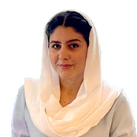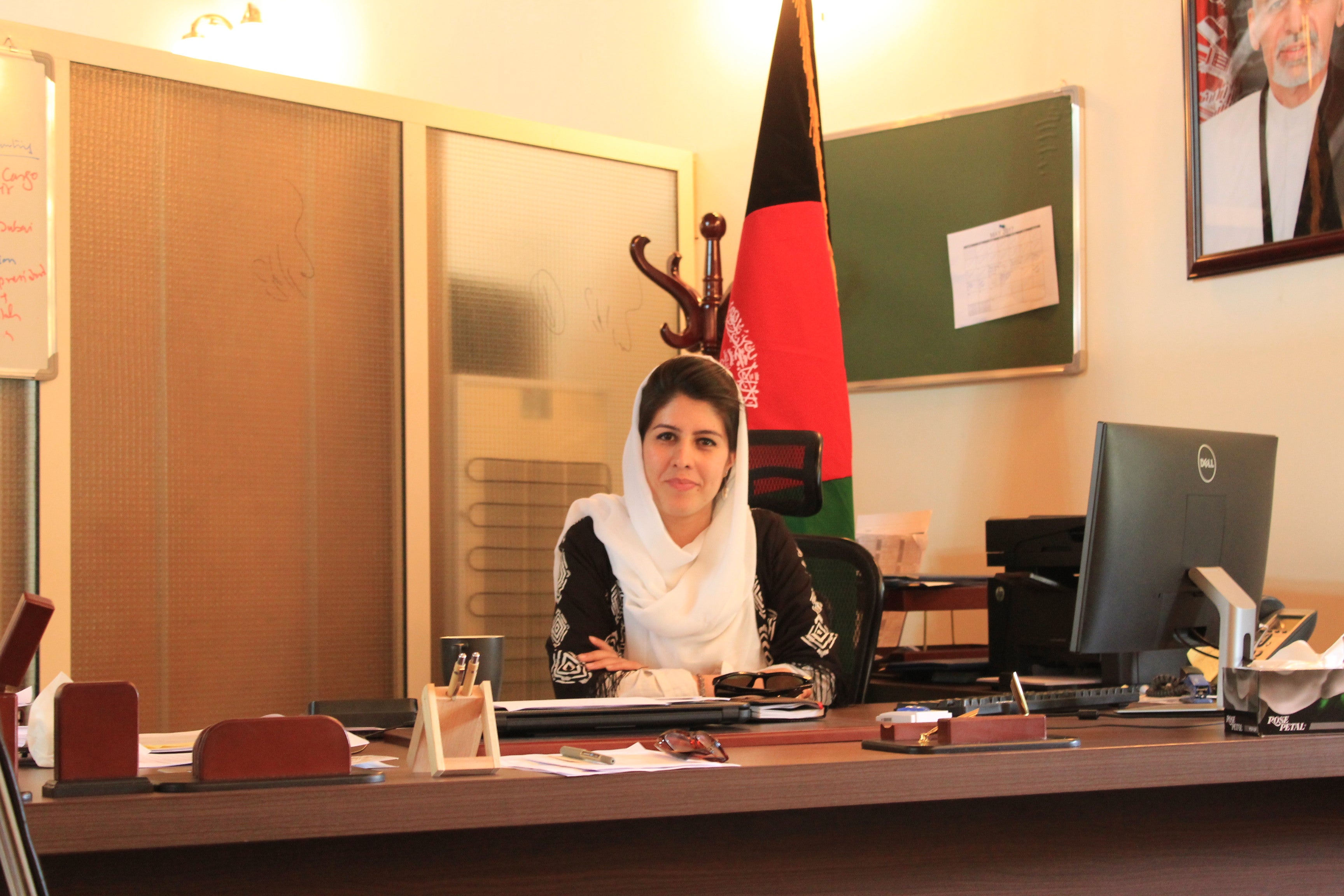I’m an Afghan refugee studying in the UK – here are the challenges I face
I fled Afghanistan with my family in 2018 and we are still waiting for a decision to be made on our asylum status


I arrived in the UK with my family three years ago, and we have been waiting for a decision on our asylum seeker status ever since.
My job in Afghanistan’s presidential palace with the senior adviser of the former Afghan president Ashraf Ghani put me in a very vulnerable situation as a woman. The Taliban were always targeting government workers, particularly independent women. I witnessed multiple bomb blasts around our offices, and lost two colleagues who were individually targeted and shot dead while leaving their homes for work. Because of this, my mother, father and sister and I fled, arriving in the UK in December 2018.
We stayed in a hotel for the first nine months before being moved to east London. Being unable to work under the strict restrictions imposed on asylum seekers, I was determined to access education, and after exhaustive research, applied to different universities. As asylum seekers are not able to access public funds, this was an extremely challenging process.
In September 2020, I managed to get a rare sanctuary scholarship to study an MSc in NGO and development management at the University of East London (UEL). Achieving this place on the master’s course was a dream come true.
However, not every university in the UK provides scholarships for asylum seekers, and the paperwork was very difficult without a visa.
There are many challenges, including living on just £5 a day, the amount allocated by the Home Office to cover food, travel and living costs other than accommodation. There are restrictions around working, too, although I have now received my right to work because we have been awaiting our asylum decision for over a year.
Unfortunately, work is still restricted under the shortage occupation list, so it is very difficult. Once some employers find out you are an asylum seeker, they withdraw their interview offer and this feels very frustrating, as they tell me I have the experience. I am trying to make the best of my restricted life, but the rules stop me and barriers mean I cannot achieve my career goals.
To manage on just £5 a day each, we deny our individual needs and wants. We eat twice a day, skipping lunch to cut costs. We gave up on extra items such as chocolates or expensive ingredients and rely on the clothes we have. We go to the cash and carry to buy bulk items.
After starting university, my family and I were moved to northeast Essex, making travel to the campus unaffordable, so I study exclusively online. It is much more isolated here and the food parcels we got in London stopped.
My education at UEL has been extremely enriching and the university has been really supportive. My opinions and ideas are considered, regardless of my immigration status. It is interesting to gain understanding of global challenges and crises, the theories of development and the actors behind them, and to engage in different debates on development, conflict and other humanitarian issues.
I always reflect back on my own experiences of being born, raised and educated in a conflict area. I have had a lot of stories to tell about the lives we left behind. I want to support other asylum seekers and help them to thrive in their community, regardless of their status. I want us to have the right to access higher education without any restrictions. We have already suffered a lot and are vulnerable.
I volunteer with charity Star (Student Action for Refugees) to campaign for equal access to higher education, and also Connected Routes, who empower women from refugee and asylum-seeking backgrounds to get into higher education or enter the UK job market.
To keep up to speed with all the latest opinions and comment sign up to our free weekly Voices Dispatches newsletter by clicking here
Although my life is very restricted, I really feel at home here. I have made a lot of friends, and my family also feel at home. My mother and father have a sense of relief in their hearts that their daughters can plan their futures, regardless of their gender. They will not be discriminated against because they are girls. My dad has been really, really supportive throughout my journey.
We are desperate for news of our refugee claims and the waiting in a state of limbo is so frustrating. We have nowhere to go. Our eyes have been on the letterbox for the last three years, whenever the postman is in the area.
I feel a sense of optimism that I’m here permanently because of the current significant humanitarian crisis that is happening in Afghanistan. I feel that this is now our home and the place where I can think about our future.
The University of East London offers free courses for asylum seekers and refugees. There are opportunities to start studying in January
Join our commenting forum
Join thought-provoking conversations, follow other Independent readers and see their replies
Comments
Bookmark popover
Removed from bookmarks